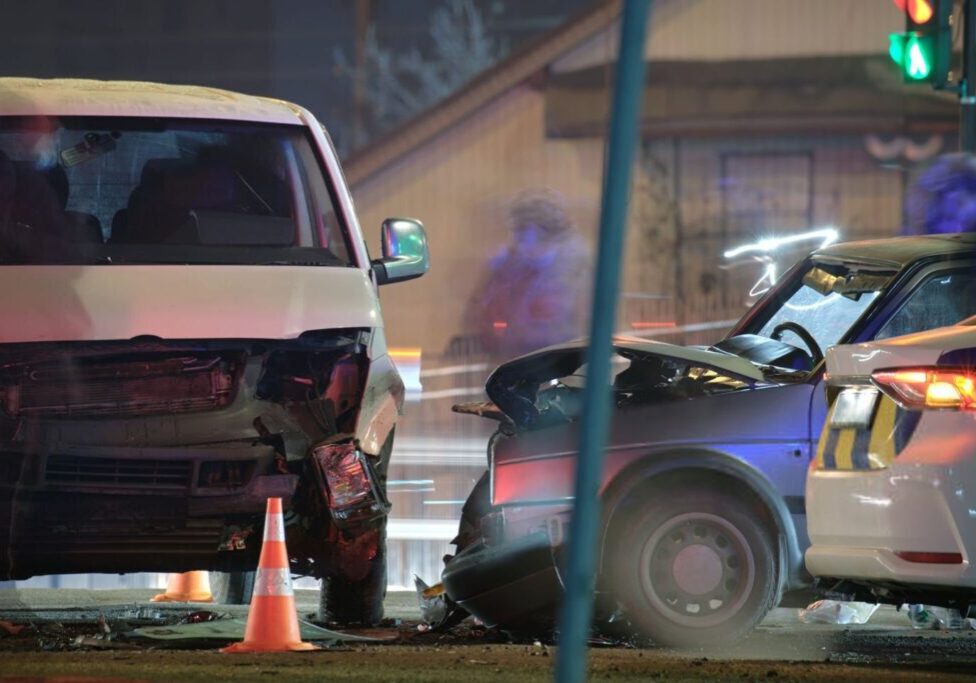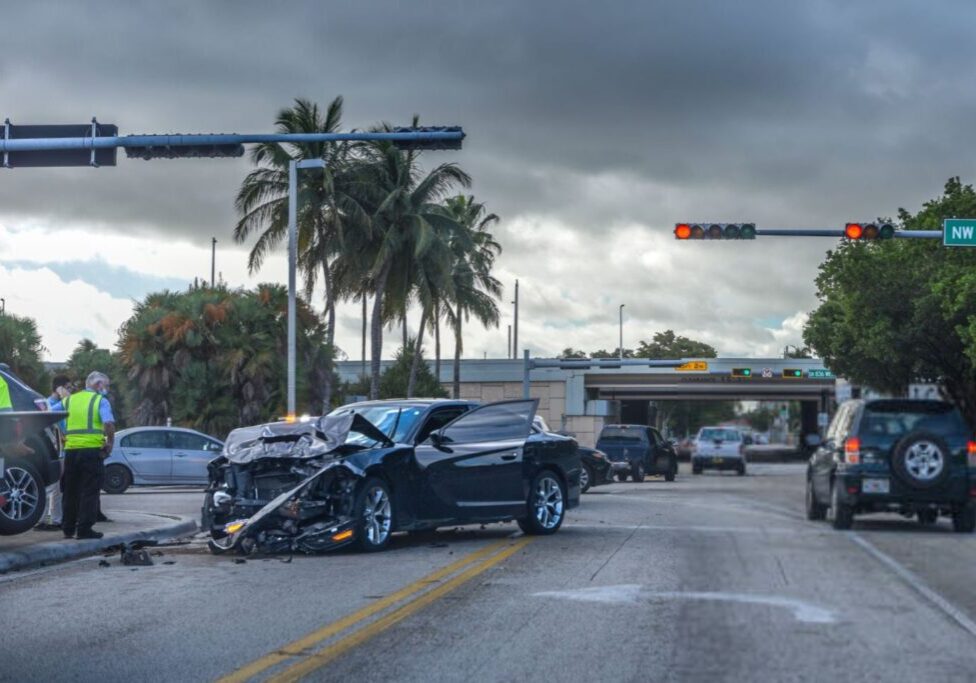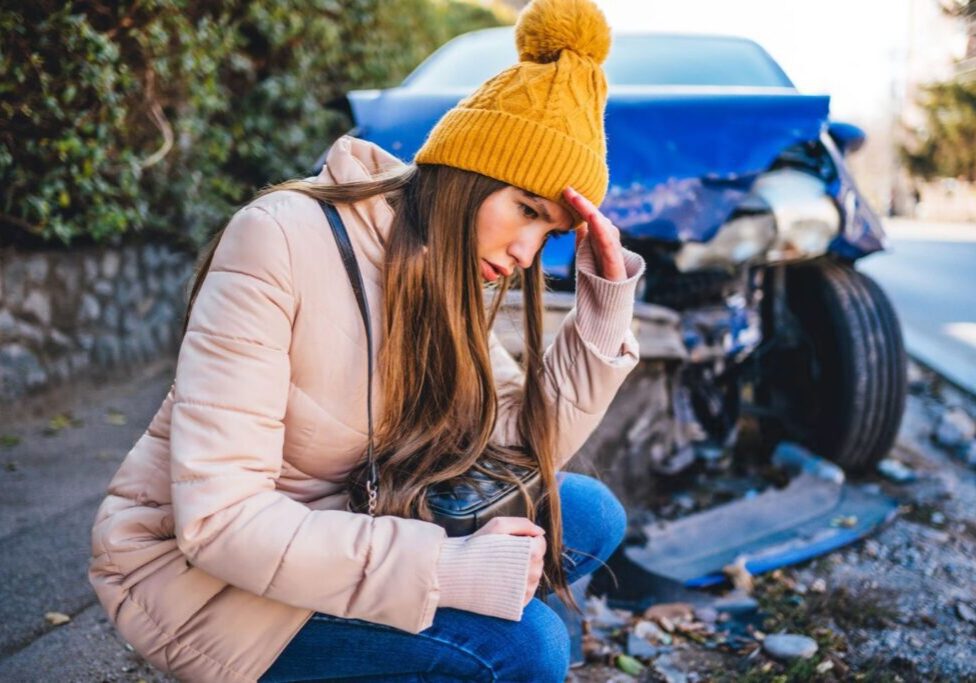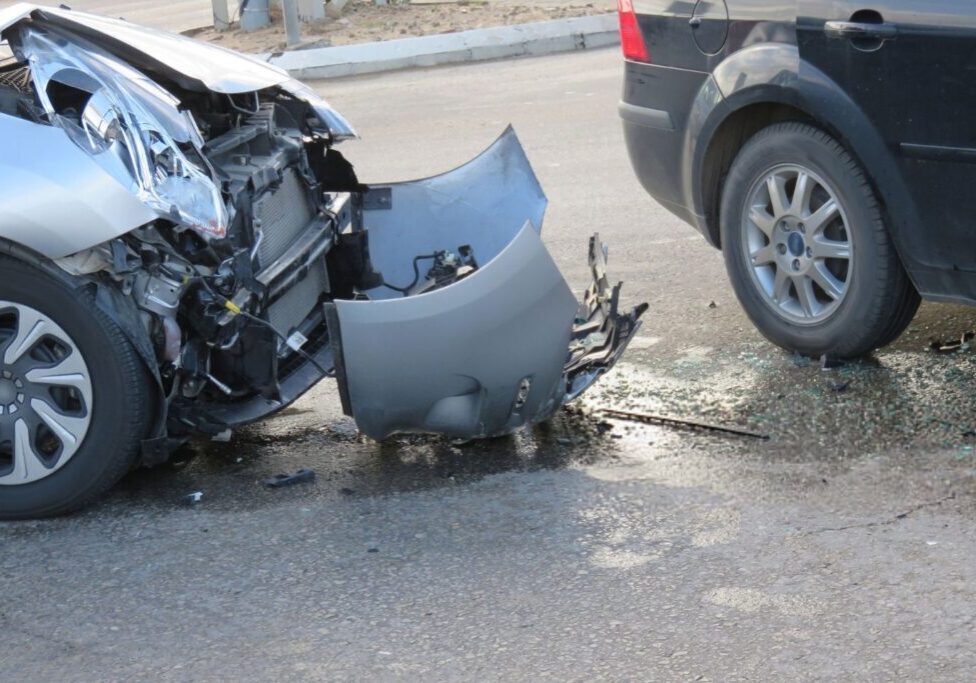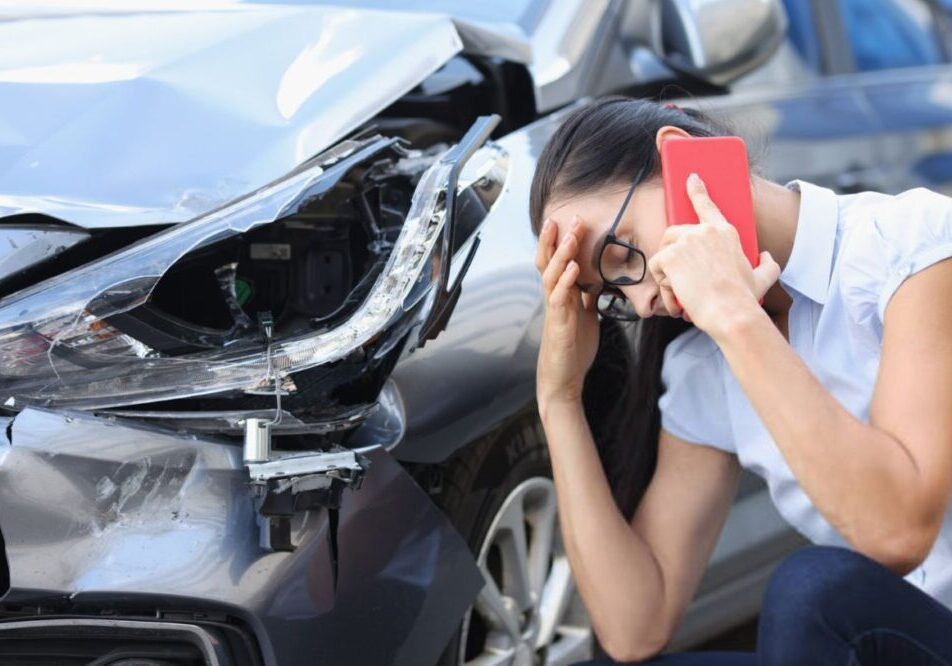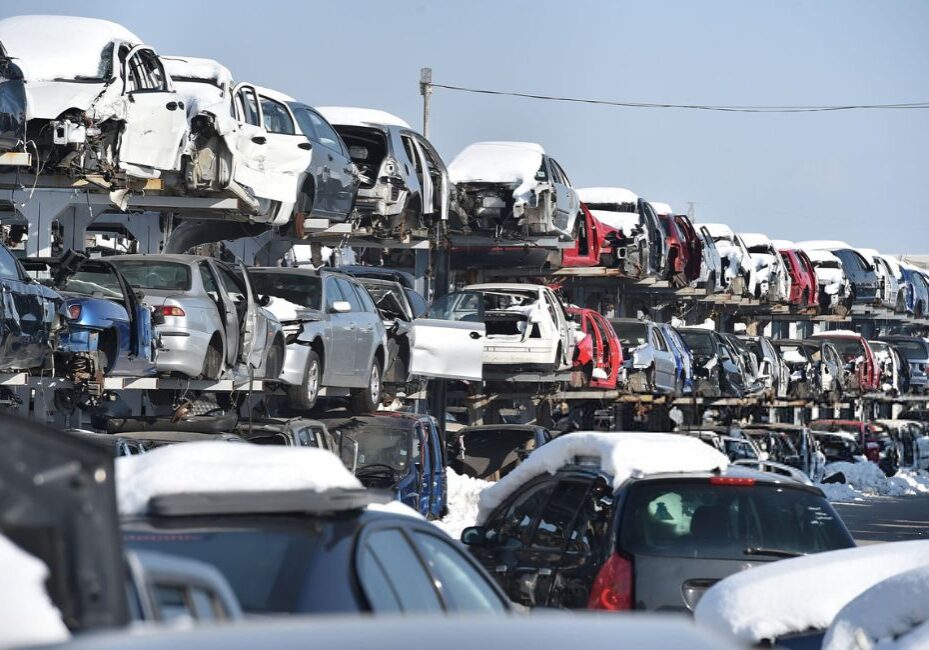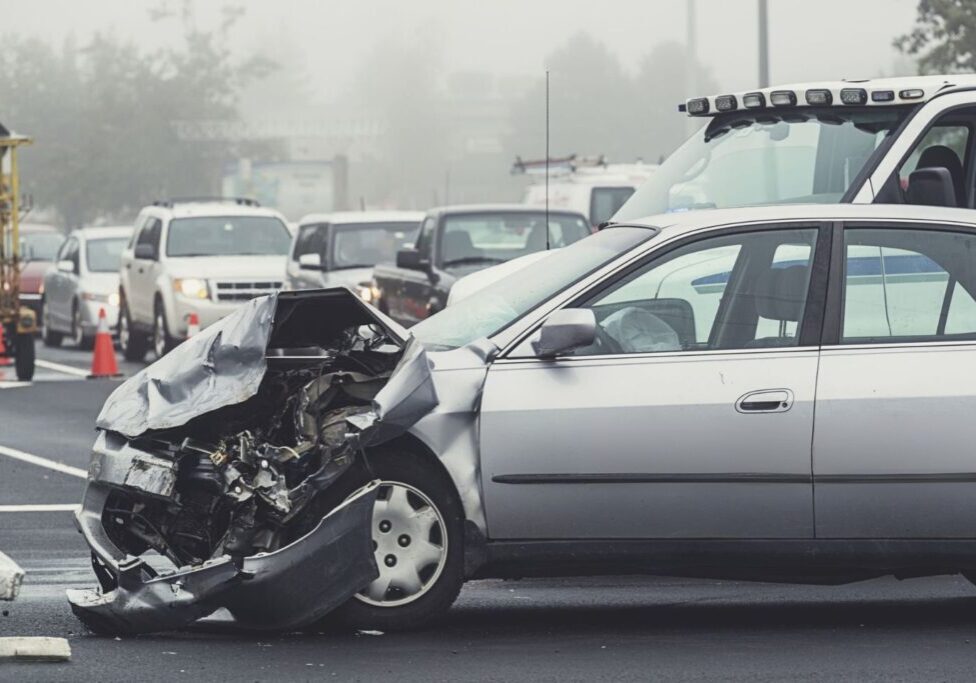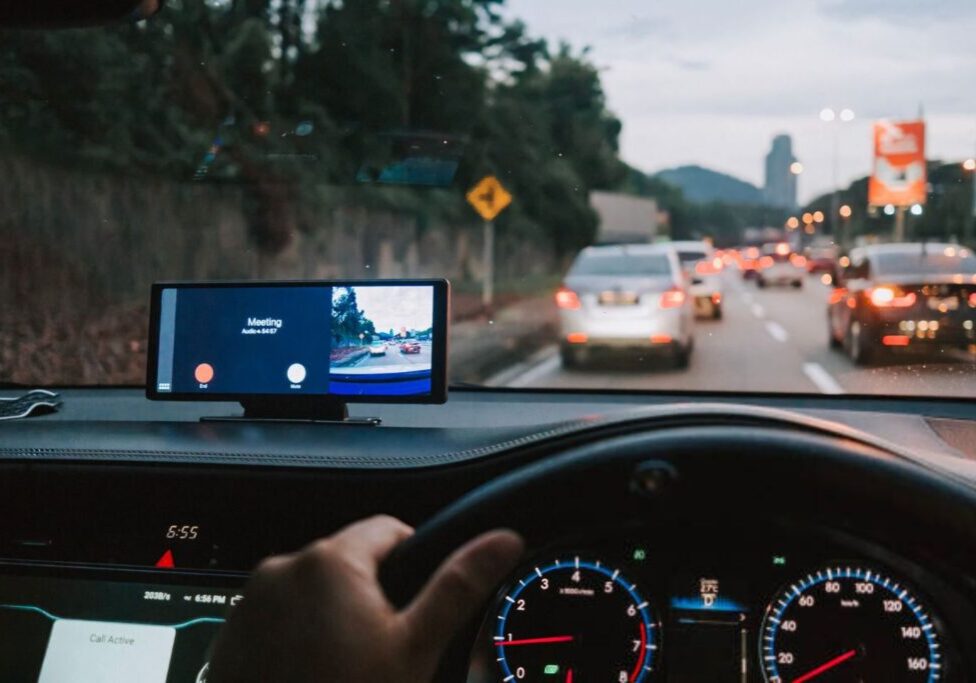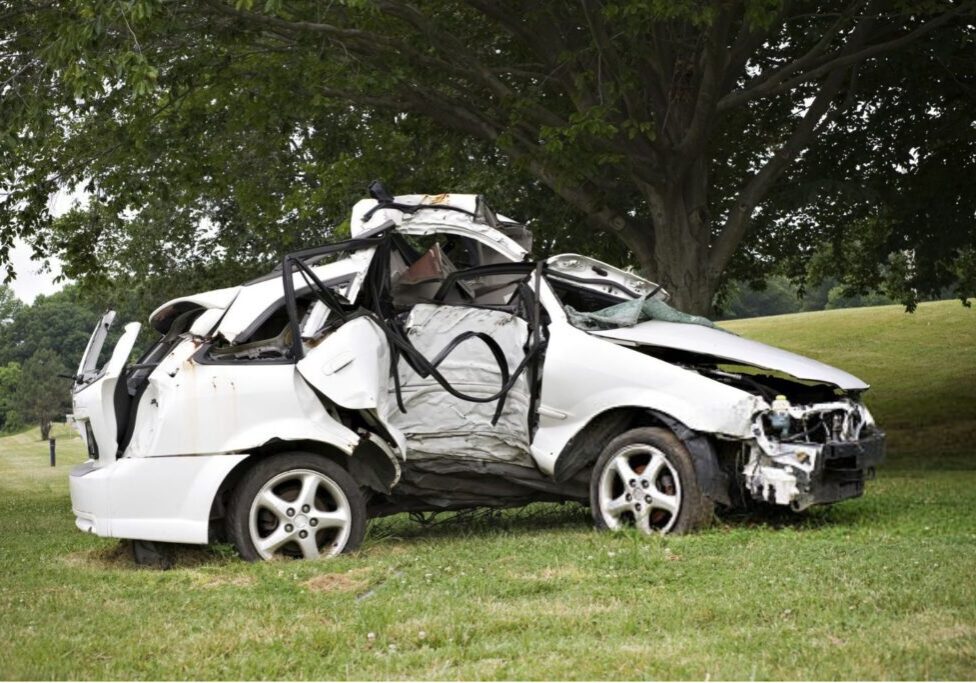You're in pain and need help. You've been in a car crash and feel overwhelmed by all the medical bills and the medical treatment you need. You have no idea how to pay for any of it. You're also worried about what will happen if you don't get better soon.
Most car accidents result in minor bumps or bruises, but some can cause serious injuries requiring ongoing medical care. Even after your physical wounds heal, you may still have to deal with chronic pain for years. Unfortunately, the costs associated with these types of injuries can be astronomical.
It's essential to find a car accident lawyer who can help protect your rights. The right lawyer will ensure that you get fair compensation for your injuries.
Auto accident lawyers will work with clients to ensure they receive their rightful compensation from all liable parties. These lawyers are skilled negotiators who will work hard to ensure you get what you deserve. They also know how to deal with insurance companies, so insurers do not take advantage of accident victims. Some insurance adjusters are notorious for settling claims for less than their worth.
Contacting The Personal Injury Center is an excellent place to start. We have the legal resources to help you understand your rights. We also have a database of lawyers to help you with your medical malpractice or personal injury case.
"Get started with just a click."
What You Should Do After A Car Accident?
After a car accident, the most important thing you can do is to get yourself checked out by a doctor. Even if you feel fine, it's essential to evaluate your injuries. You must ensure that any issues caused by the accident are identified and treated.
You should also file a police report within 24 hours of the accident if it involves any injuries or property damage. This will help ensure that the other driver was informed about the accident and prevent them from later denying involvement. Contact an attorney immediately if you have questions about your right to compensation after an accident.
Here are more in-depth on the essential things you should do after a collision.
Check yourself and other victims for injuries
You may be bleeding but not realize it. Your adrenaline may be pumping, and you won't feel pain until much later. If bleeding from a wound, apply pressure to stop blood from gushing. If you have a burn that isn't severe, get some ice on it to reduce swelling and prevent further damage.
If someone is unconscious, check their pulse and breathing to ensure they are still alive. Do not move them unless it would be dangerous not to.
Get out of the car and move away from traffic if possible. If it's safe, put on your hazard lights to alert other drivers of the situation.
If you're not hurt, stay calm and assess the situation. Are there any signs of fire or smoke? Do you smell gas? Are there any other hazards? If so, try to get away from a dangerous situation.
Call 911
This will alert the authorities and get help on their way. When you call 911, be prepared to answer questions about the following:
- Your name and location
- The type of vehicle(s) involved (nameplate, make/model/year)
- The number of people involved
- What caused the accident: human error, mechanical failure, or weather conditions
Reporting the accident is especially important if anyone is injured or there is significant damage to vehicles. If you can move your car from the scene of the accident, do so. However, if you can't move your car without risking further injury to yourself or others, stay in your vehicle until help arrives.
Sit down if you can leave your car after an accident but feel light-headed or have any shock symptoms. Rest until these feelings subside before attempting to move again.
Talk to the police
Even if you're not at fault or your insurance company handles everything for you, it's essential to report the accident. Do it even if you don't plan on filing a claim. Why? Because it may involve other people who may not be liable for damages but still caused the accident. It could be any of the following:
- The driver rear-ended you while talking on their phone
- The driver rear-ended you while swerving to avoid a head-on collision with another car
- The driver cut you off and made you slam on your brakes to avoid hitting their car
An official report makes it easier to go after people liable for repairs or medical bills resulting from a crash. These people could also face criminal charges if they were driving under the influence or texting while driving.
Don't leave the accident scene until the police arrive.
Get a copy of the police report
The police report is your only record of what happened in the accident. It can help you if you need to file an insurance claim or sue someone for damages.
If you sustained no harm in an accident, you should still get a copy of the police report. This will allow you to know what happened and be able to tell your side of the story when it becomes necessary later on.
Secure evidence of the crash
After a car accident, you should make a point of securing evidence of the crash. This includes taking photos of any damage to your vehicle and other vehicles involved in the crash. Make sure to get close-ups of any dents or scratches on both cars and pictures or videos of any skid marks or debris on the road.
It would help if you also took pictures of any injuries you may have sustained and any witnesses to the crash. Ask for witness contact information to gather more information about what happened during the crash. You should also take note of any witnesses' statements regarding who was at fault for causing the said accident.
If you need to file an insurance claim, you can take this information with you. You also need these to pursue legal action against someone else involved in the crash.
Lawyer up
Car accidents can be devastating, both physically and emotionally. If you've been in a car crash, it's best to seek legal counsel immediately. A lawyer will help you navigate the complex process of recovering compensation for your injuries and other losses. They'll make sure you get all of the benefits that you deserve.
A lawyer can also help you determine whether another party was at fault for causing the accident. They can make those who caused your injuries or other losses pay compensation. Getting legal advice before deciding how to proceed on your own is essential.
Having a lawyer will allow them to negotiate with the insurance company. This can ensure that you're getting paid appropriately for your injuries. Lawyers also know what evidence is necessary.
Talk to your insurance firm
Your insurer may want to send an adjuster to assess the damage and take photos of the cars involved in the collision. You'll need to provide them with contact information for witnesses or passengers injured in the crash.
This will help you get reimbursement for any damages not covered by your auto insurance policy. These include continuing medical costs and property damage. Suppose you're involved in an accident with an uninsured or underinsured driver. In that case, it's essential to report this to your insurance company immediately so they can take appropriate measures.
This may be counterproductive if you were at fault for the accident and didn't have insurance. However, suppose you have insurance and weren't driving dangerously or speeding at the time of impact. In that case, you can get help paying for any damage or injuries.
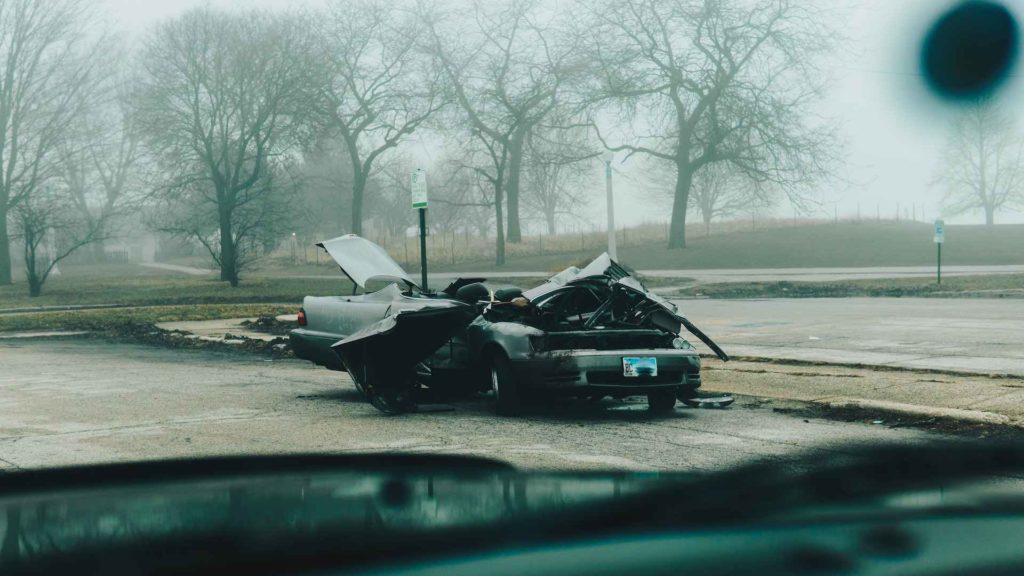
Important Traffic Rules Drivers Must Know
Driving is a responsibility many people take for granted. However, driving can be dangerous if the driver doesn't know the rules of the road.
The rules of the road aren't just guidelines. They're designed to keep us safe and help us avoid accidents. If you're an experienced driver, you may already know essential traffic laws. Keep reading for a refresher on crucial traffic laws drivers need to know.
Seatbelt use
Most states require seatbelt use by law. Some are stricter in implementing them than others. Newer cars have airbags, which can cause serious injuries if not used with seatbelts.
Seatbelts are the most effective safety device in a car. The National Highway Traffic Safety Administration (NHTSA) estimates that seatbelts reduce the chance of death for those involved in a collision by 45%. That's why it's essential to ensure everyone in your car buckles up every time you get behind the wheel.
They help prevent drivers and passengers from being thrown around during a collision, which can cause severe injury or death. To enforce the use of this device, police officers might pull you over if they see you driving without it. If caught driving while unbuckled, you may face a fine and receive points on your license.
Suppose an officer sees that your child is not wearing a seatbelt properly. In that case, they may issue you a ticket and possibly take away your license.
The seatbelt laws can be divided into five categories, depending on who must wear seatbelts. These are the following:
- Primary enforcement laws for all occupants
- Primary front-seat belt law and secondary rear-seat belt
- Secondary laws for all occupants
- Primary front-seat-only belt laws
- Secondary front-seat-only belt laws
Primary seatbelt enforcement laws mean the police can stop you and issue a ticket based solely on not wearing a seatbelt. Secondary laws mean the driver gets a citation only if the officer stops the vehicle for another infraction.
For example, suppose you are driving in North Carolina, which mandates rear-seat belt use as a secondary law. The police officer stops you for an illegal left turn and sees a passenger not using a seat belt in the rear seat. You get a ticket for the left turn and a citation for your unbuckled passenger.
Most US states have some form of seatbelt laws. The exceptions are American Samoa and New Hampshire.
Observe traffic signs
Traffic signs are essential for the safety of drivers, pedestrians, and other vehicles. They inform drivers of speed limits, traffic directionality, and lane usage. They also warn drivers of potential dangers such as sharp curves in the road or upcoming intersections.
These signs are there to help you navigate the road safely and efficiently. You could find yourself in dire straits if you fail to heed them.
The following are some of the most common types of traffic signs:
- Stop: A stop sign indicates that drivers must come to a complete stop before proceeding through an intersection or continuing on their route. If there's no crosswalk at an intersection, drivers should treat it as though there is one. This means they should stop before entering the intersection.
- Yield: A yield sign means drivers should slow down and yield to other vehicles when entering an intersection or road from another direction. If there's no crosswalk at an intersection, drivers should treat it as though there is one and yield before entering the intersection.
- Do Not Enter: This regulatory sign indicates that drivers should not enter onto a road where it's posted.
If you're driving in an unfamiliar area, make sure that you learn local traffic laws before getting behind the wheel. You can find this information by visiting your state's Department of Motor Vehicles website. You can also ask friends or family who live in the area.
In addition to observing traffic signs, it's also essential for drivers to be aware of their surroundings at all times. Situational awareness is the best way to avoid accidents caused by animals crossing highways or pedestrians entering crosswalks without looking.
Keep a safe driving distance
The law states that drivers must keep a safe and considerable distance from the vehicles in front of them. This can be tricky to measure.
When on the road, observe a 3-second driving distance between you and the car in front of you. This means that if the vehicle ahead of you stops suddenly, you should be able to stop safely within three seconds. This allows time to react if that car suddenly brakes or makes a sudden turn.
Speed limit
The posted speed limit is the maximum speed you can legally drive on any road. Speed limits may be measured in kilometers per hour (km/h) or miles per hour (mph), depending on the country.
In the US, speed limits are usually expressed in mph. The state government sets the maximum speed for rural interstates, urban interstates, access roads, and other roads. In Alabama, for instance, the limit for rural interstates is 70 mph. However, it is 80 mph in Nevada.
If a police officer catches you speeding, you will receive a ticket from the police, who will issue fines and points on your license. The more points on your license, the higher your insurance premiums will be. This policy holds except for the following states:
- Wyoming
- Washington
- Rhode Island
- Oregon
- Mississippi
- Minnesota
- Louisiana
- Kansas
- Hawaii
Distracted driving
Distracted driving is one of the most dangerous things a driver can do. It's estimated that distracted driving caused 424,000 injuries and 3,100 deaths in the US in 2019. Indeed, it's a significant factor in fatal accidents.
When you're behind the wheel, your attention should be on the road and what's happening around you. You should look for other drivers who might make dangerous moves or cause an accident. You should also be on the lookout for pedestrians who might step into traffic and other hazards like debris on the road.
When you put other things in front of this focus, you're putting yourself at risk and endangering others around you. Distractions can include:
- Texting
- Talking on the phone
- Eating while driving
- Looking at your GPS
- Using a hands-free device
If you have to make a phone call, pull over to the side of the ride to do that safely.
What can a personal injury lawyer do for you?
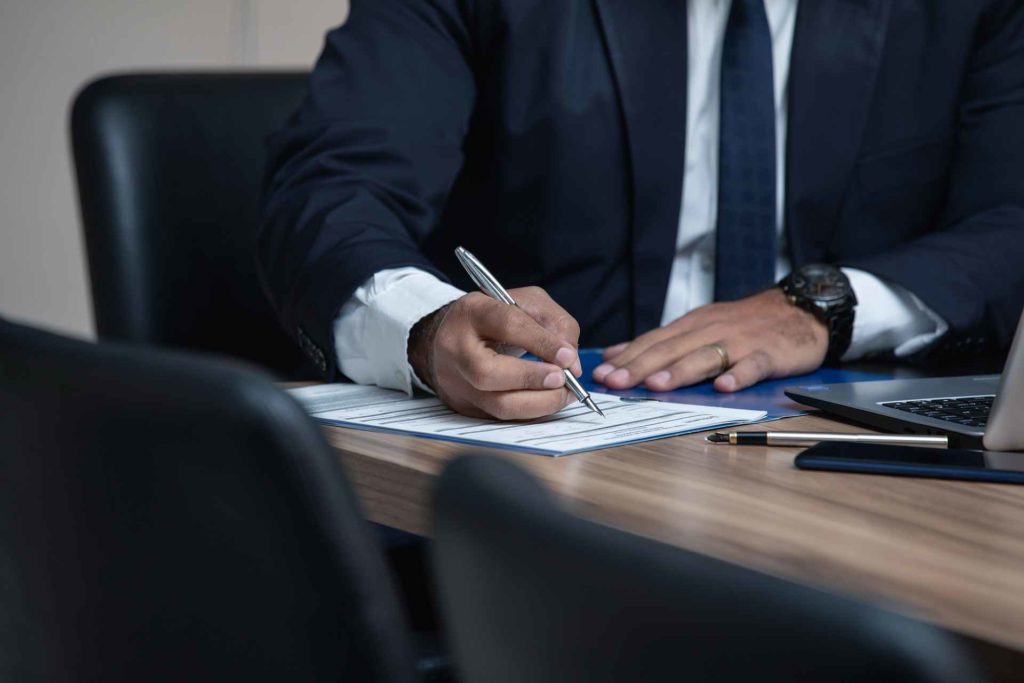

A personal injury lawyer can get legal compensation for victims of a third party's negligent or reckless behavior. You may be eligible for compensation if you've been injured in an accident, even if you are partly at fault. They will help you get a fair settlement in any situation.
A personal injury lawyer will also be with you all through the process. They can assist you with filing your claim, negotiating with the insurance company, and presenting your case in court.
Here are the more specific roles of personal injury lawyers in a car accident case.
Keep you safe from lowball offers from insurance companies
Insurance companies are well-known for lowballing victims of car accidents, especially when it comes to injuries. A personal injury lawyer can fight to get you the compensation you deserve. You can work on recovering from your injuries and getting your life back.
Your lawyer will be there for you, whether this means negotiating directly with the insurance company or taking a case to court. Remember that it's not just about the money—it's also about getting justice and fair treatment.
An experienced personal injury lawyer will keep you safe from these unconscionable offers even before they come through the door. They'll ensure you receive reasonable recompense for your injuries to help you get back on your feet after an accident.
If you or a loved one is involved in a car crash, get the help of a lawyer.
Secure evidence to prove liability
It can be challenging to prove fault in an accident. This is especially true if the at-fault party denies responsibility or attempts to shift blame.
For example, a San Francisco car accident lawyer can gather evidence to prove liability according to California law. This is the first step in any personal injury case. Suppose someone gets hurt and has major lacerations because of a drunk driver. Your lawyer will get the police report and witness statements from the accident scene.
They might also need medical records from before and after the accident. These documents are crucial because they show that it was another person's fault for causing injury or damage to property.
Without this proof, winning their case against an insurance company or person who caused them harm would be difficult. This is especially helpful if you’re trying to seek compensation for serious pedestrian accident injuries like traumatic brain injury or whiplash.
They can also assist with filing paperwork with the court.
Calculate the value of your personal injury claim
This is a complicated process that requires an expert to understand how much your injuries are worth. You must do this correctly to establish how much you need to cover any losses you sustained in the accident.
A car accident lawyer can help in determining what those losses are, including the following:
- Physical pain and suffering
- Emotional distress
- Loss of wages
- Medical expenses (including future medical care)
- Property damage (such as damaged or destroyed property)
- Your ability to carry out daily tasks (such as driving, working, etc.)
Each US state has different laws concerning the amount of car accident claims and compensation for property damage. Your car accident attorney can help you identify these damage caps and pray for suitable awards.
This is especially important if such injury results in wrongful death, loss of earning capacity of the car accident victim, and other catastrophic injuries.
Handle lawsuits and settlement negotiations
Personal injury lawyers are called "tort" lawyers because they handle cases involving torts or civil wrongs resulting in damages. If your case is tried in court, your personal injury lawyer will present your case in court on your behalf.
These lawyers are well-versed in car accident laws and policies regarding driver’s insurance. They will work with clients to determine their rights, collect evidence of the incident, and file suit against the responsible party.
Many car accident injuries and cases involve large sums of money, which can be very complicated. Personal injury lawyers understand how the law works and how it applies to individual circumstances and situations. With this, they can help clients make decisions about their cases.
"Get a Free Case Evaluation Today"
How The Personal Injury Center Can Help
The Personal Injury Center can provide you with the correct information, advice, and guidance so that you can make informed decisions about your case. We have helpful resources to equip you with everything you need before launching a personal injury or a medical malpractice case.
Aside from these resources, we also have a database of lawyers with extensive years of experience. You will likely find one with the knowledge of personal injury laws for your particular case in your area who can help you.
We have your back if you're looking for a San Francisco car accident attorney in the Bay Area or a California car accident lawyer.
Check out The Personal Injury Center today and get a free consultation.
FAQs on Car Accident Lawyer
How much is the standard contingency fee for car accident lawyers?
The standard contingency fee for car accident lawyers is 33%. Depending on your prior agreement, it can also go as high as 40%. This means that the lawyer will receive 33% to 40% of any settlement or award you receive in your case.
How can you pay for the services of your car accident lawyer?
There are several ways to pay for the services of your car accident lawyer.
Most lawyers will take a retainer fee. This is an upfront fee in exchange for the lawyer representing you until you have recovered compensation from your own insurance company. The acceptance fee will cover expenses such as the acquisition of medical records and court fees.
Most lawyers will agree to an hourly rate plus expenses for their time. However, if your case goes to court, expect to pay an hourly rate plus related costs such as expert witnesses or gathering other evidence.
What are the differences between legal costs and legal fees?
Legal costs and legal fees are two different things. Legal costs are the total amount of money law offices spend on your case. Legal fees are what the law firm charges you for their time and expertise in handling your case. This is mostly payment for legal representation and services.
Some think paying for a lawyer and their legal team is a waste of money. However, they can help victims of motor vehicle accidents secure a favorable verdict. They can also help you file a case to avoid the statute of limitations from running out. They can also run after the maximum compensation in your case and enforce your legal rights. All these justify the money you pay for a personal injury lawyer.



